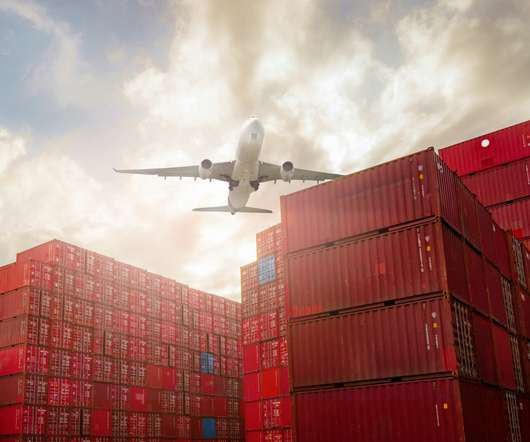This Week in Logistics News (April 22 – 28)
Logistics Viewpoints
APRIL 28, 2023
The Dirty Dozen, in alphabetical order, are: Amazon, Atlantic Coast Utilities/Laurence Moloney, Daikin America, Dollar General, Ernst Nursery and Farms, Foundation Food Group/Gold Creek Foods, Hilton Hotels, Kingspan Light and Air, Liox Cleaners/Wash Supply Laundromat, Mayfield Consumer Products, Refresco, and Starbucks. percent by 2030.
















Let's personalize your content